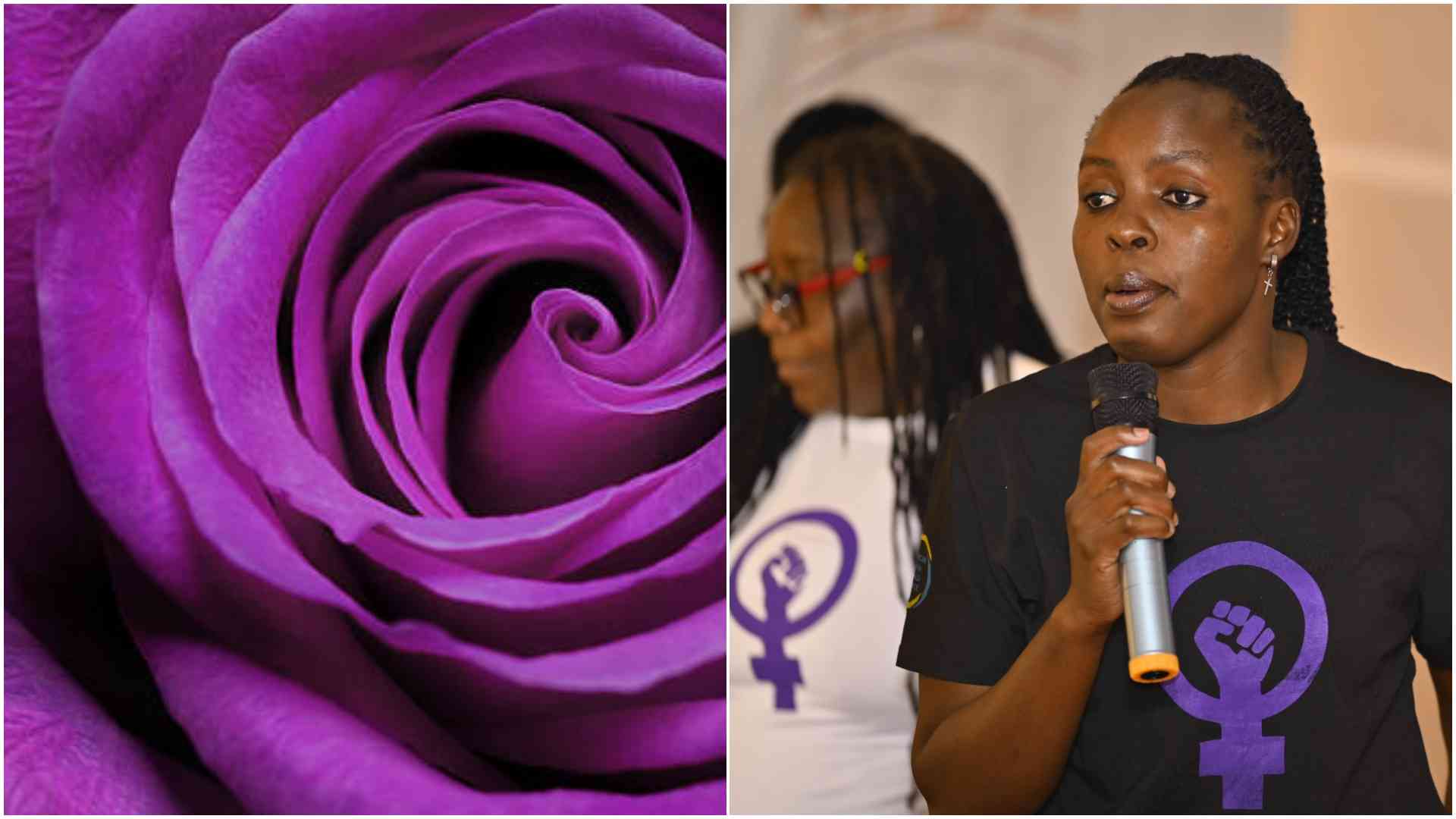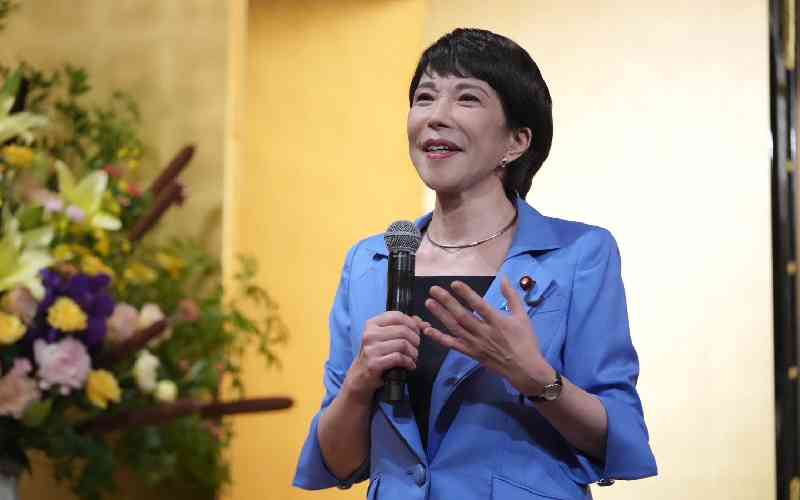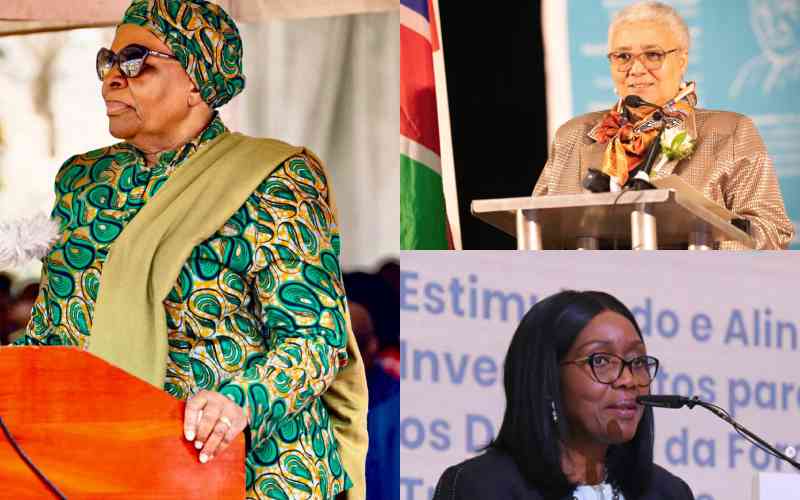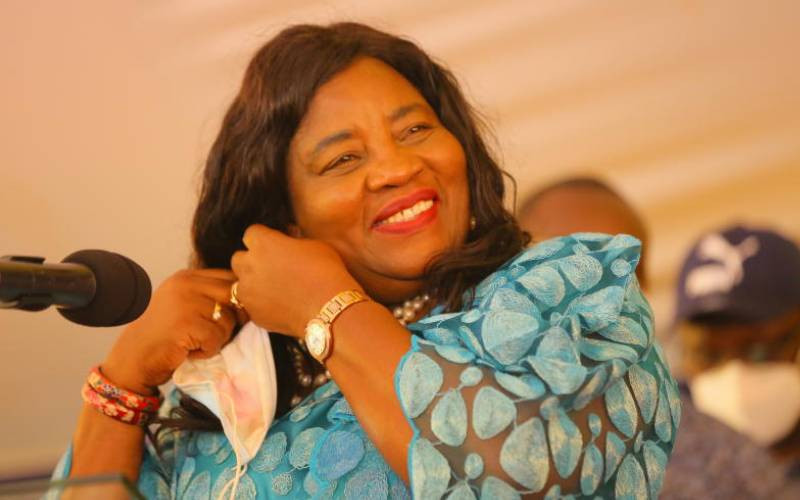
I’m one of the lucky ones who manage to get a full eight hours of sleep. I go to bed at around 9.30 pm and get up at 6 o’clock. I’m usually out the door by 7 am and get to work an hour later.
As a paediatric neurologist, I specialise in disorders of the brain in children. Oftentimes when I get to work I start with ward rounds and later outpatient clinic, which runs through most of the day and is interspersed with meetings.
I am also in the academic field so I still have to make time to teach and mentor my fellows and residents. These academic activities tend to happen towards the end of the day, around 4 pm to 6 pm. At which point it occurs to me that I haven’t had lunch and I’ll grab a snack before making my way home.
Because my days are hectic during the week, over the weekend, unwinding is all about rest. When I get the opportunity, I like to travel and take long drives.
My favourite travel destination is northern part of Kenya. I find the vast, open spaces calming. I value this because my work is usually high energy and emotionally charged.
The drive up there also affords me the opportunity to do some off-road driving, one of the new activities I’ve picked up. I also recently started a photography course. I like my music.
I have a few friends who have been in a band since we were very young. Sometimes we get together for jam sessions in someone’s backyard. I love spending time with my family too.
The pandemic gave me an opportunity to figure out what nourishes my soul and invest more time in that. To me that’s family. Spending time with them is food for my soul.
I always admired healers and I always felt the need to uplift others. That’s how I ended up in my profession. What I love most about it is the transparent engagements.
When dealing with children, what you see is what you get. There are no preconceived notions, no bias, no manipulations. Children come to you and if they’re suffering, they show you that they’re suffering.
If they are pleased, they express joy. My greatest joy is when we send children home and they’re recovered and their parents are pleased.
Growing up, the life of a doctor looked more glamorous than I have found it to be. Initially I thought the biggest challenge would be the hard work or the intensive nature of dealing with illness.
But what I am finding difficult is the social aspect of it, especially in my field where I deal with children. It is intense because I also have to deal with their parents and the various social dynamics that influence those relationships.
My biggest challenge is detaching from the personal and private lives of my patients because we get invested--especially with the long and difficult cases, and many times people want to carry that relationship further.
They want, for instance, to take your private number so that they can access you at any time. Drawing boundaries and at the same time still ensuring that my patients’ safety is put at the forefront is quite a difficult thing to juggle.

A colleague shared with me what works for her in terms of setting boundaries and I find that it is helping me too.
At the first meeting with new patients and families, we agree on goals, set targets and limits, discuss all possible outcomes and not just about the condition but also how we will manage follow-ups.
We also agree in how much of my time I can give, and what is reasonable to expect of me. It sounds like a harsh and tough discussion to have, especially if you’re meeting someone for the first time.
But it is important to discuss that in the beginning. When people see that you’re young and potentially inexperienced and naïve, they can exploit that.
Not because they mean you harm, but because they need their needs met. The openness and transparency are eventually appreciated and it works for everyone. It allows me then to be in control of my time. I’m still not good at it, but we’re getting there.
Self-care is something I am only learning now how to do. Granted, I am still very young in my profession, but it is something that is not adequately enforced in our training.
We are taught to always push, and so divesting from that mode of thinking becomes very difficult for doctors – especially young and female doctors.
We rarely give ourselves the needed rest and relaxation and I am finding that every now and then I need to take a step back.
Unfortunately, this is usually prompted by times when I am overwhelmed or burnt out. I am slowly discovering that I need to schedule it into my days, and that is why I have taken up new hobbies.
I am also finding that allocating specific times to switch off my phone, even if it’s for two hours on a Saturday afternoon, is beginning to work well for me.
 The Standard Group Plc is a multi-media organization with investments in media
platforms spanning newspaper print
operations, television, radio broadcasting, digital and online services. The
Standard Group is recognized as a
leading multi-media house in Kenya with a key influence in matters of national
and international interest.
The Standard Group Plc is a multi-media organization with investments in media
platforms spanning newspaper print
operations, television, radio broadcasting, digital and online services. The
Standard Group is recognized as a
leading multi-media house in Kenya with a key influence in matters of national
and international interest.










